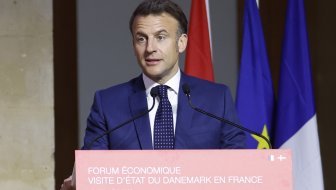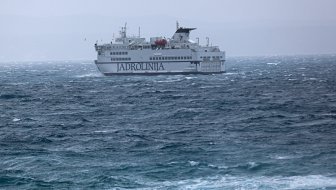Prime Minister Zoran Milanovic on Thursday dismissed criticisms that the new division of Croatia into two statistical regions would reduce the east's possibility to draw money from European Union funds, saying that Zagreb's participation in the funds could not hurt less developed regions.
"The City of Zagreb will in no way harm Vukovar, Osijek or Djakovo in attracting EU funds because there are so many funds that we will never fully use them because nobody has managed to do that," Milanovic said at the start of a government session.
He said the government's only interest was that everyone should benefit from the EU funds. "This (model) is good for Croatia and it had to be agreed, conceived, proposed and approved. And we managed to do that."
Milanovic said the previous division of Croatia into three statistical regions threatened the position of counties in the northwest which were in the same region as Zagreb because the capital "un-realistically pumps and elevates the GDP average and really threatens to very quickly push them over the threshold and put them in the group with fewer European funds."
The PM said the statistical regions were not a partisan matter but an interest to absorb European funds as well as possible. "The funds are huge and how much we will realise depends primarily on our intelligence, knowledge and energy, and I see that there are such people in Croatia, notably in eastern Croatia... independently of which party they belong to."
Milanovic said the critics of the new statistical division sent out the bad message that they wanted to stay forever among the regions that needed the EU's assistance.
"That's not a good message. That's a presentiment of big failure in Croatia. The objective is that we all cross 75 per cent of the EU average as soon as possible and become a wealthy and developed state which won't need the EU's support, instead of being sponsored by the EU for the next 50 years," he said, voicing hope that all parts of Croatia will reach 90 per cent of the average European GDP per capita in the next dozen years.



































